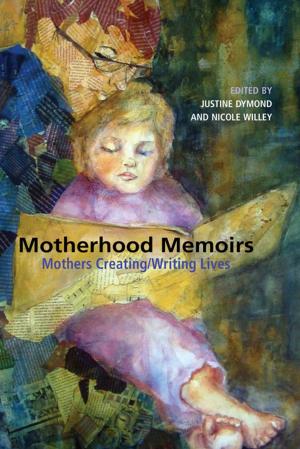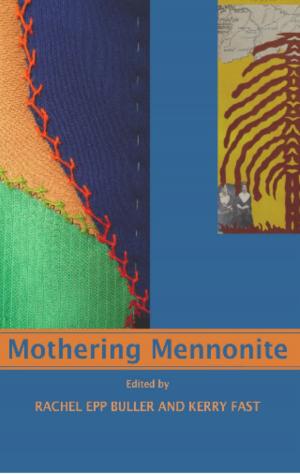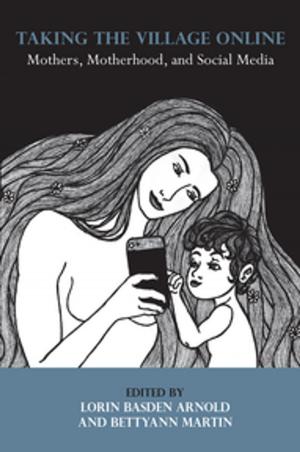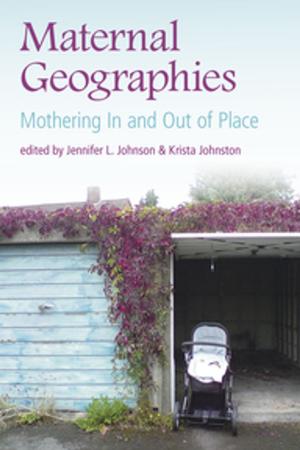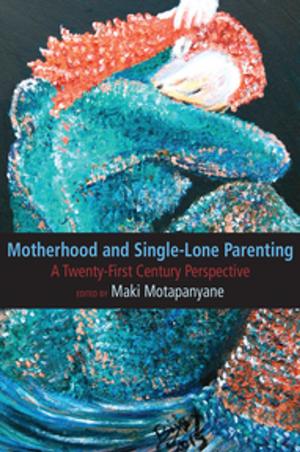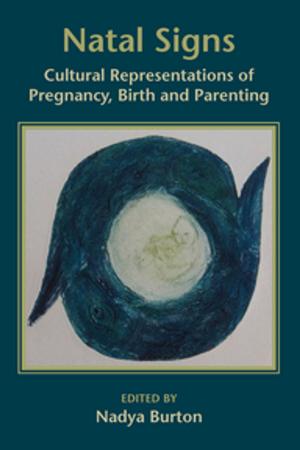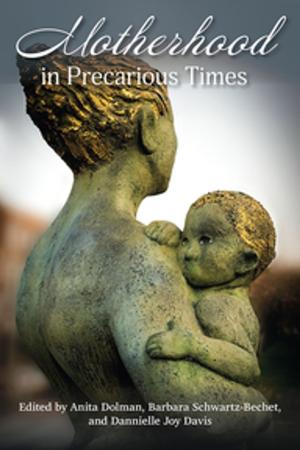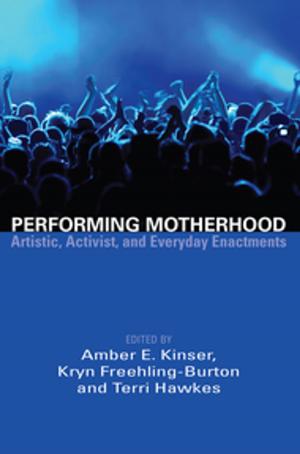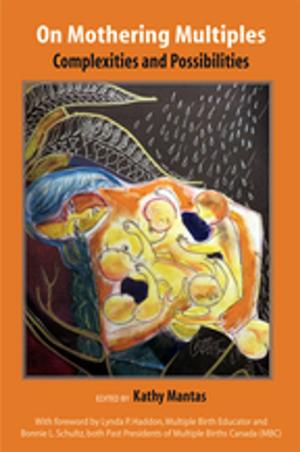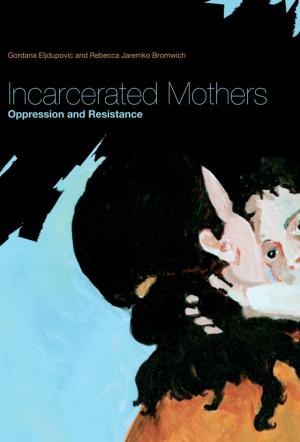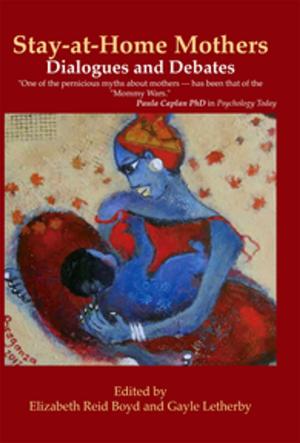Indigenous Experiences of Pregnancy and Birth
Nonfiction, Family & Relationships, Family Relationships, Divorce, Social & Cultural Studies, Social Science, Gender Studies, Feminism & Feminist Theory, Women&| Author: | ISBN: | 9781772581430 | |
| Publisher: | Demeter Press | Publication: | October 1, 2017 |
| Imprint: | Demeter Press | Language: | English |
| Author: | |
| ISBN: | 9781772581430 |
| Publisher: | Demeter Press |
| Publication: | October 1, 2017 |
| Imprint: | Demeter Press |
| Language: | English |
Traditional midwifery, culture, customs, understandings, and meanings surrounding pregnancy and birth are grounded in distinct epistemologies and worldviews that have sustained Indigenous women and their families since time immemorial. Years of colonization, however, have impacted the degree to which women have choice in the place and ways they carry and deliver their babies. As nations such as Canada became colonized, traditional gender roles were seen as an impediment. The forced rearrangement of these gender roles was highly disruptive to family structures. Indigenous women quickly lost their social and legal status as being dependent on fathers and then husbands. The traditional structures of communities became replaced with colonially informed governance, which reinforced patriarchy and paternalism. The authors in this book carefully consider these historic interactions and their impacts on Indigenous women’s experiences. As the first section of the book describes, pregnancy is a time when women reflect on their bodies as a space for the development of life. Foods prepared and consumed, ceremony and other activities engaged in are no longer a focus solely for the mother, but also for the child she is carrying. Authors from a variety of places and perspectives thoughtfully express the historical along with contemporary forces positively and negatively impacting prenatal behaviours and traditional practices. Place and culture in relation to birth are explored in the second half of the book from locations in Canada such as Manitoba, Ontario, British Columbia, the Northwest Territories, and Aotearoa. The reclaiming and revitalization of birthing practices along with rejuvenating forms of traditional knowledge form the foundation for exploration into these experiences from a political perspective. It is an important part of decolonization to acknowledge policies such as birth evacuation as being grounded in systemic racism. The act of returning birth to communities and revitalizing Indigenous prenatal practices are affirmation of sustained resilience and strength, instead of a one-sided process of reconciliation. This book makes a compelling contribution to the field of Indigenous and maternal studies. The editors have put together a powerful collection that honours the spirit of pregnancy and birth, and the strength and resilience of Indigenous women and families. By acknowledging the ceremony of birth in relation to contemporary Indigenous issues, such as forced evacuation and water protection, the editors contextualize the layers of meaning embedded in returning birth to Indigenous communities. This book serves as an expression of the creative acts of resistance that have always defined Indigenous motherhood.
Traditional midwifery, culture, customs, understandings, and meanings surrounding pregnancy and birth are grounded in distinct epistemologies and worldviews that have sustained Indigenous women and their families since time immemorial. Years of colonization, however, have impacted the degree to which women have choice in the place and ways they carry and deliver their babies. As nations such as Canada became colonized, traditional gender roles were seen as an impediment. The forced rearrangement of these gender roles was highly disruptive to family structures. Indigenous women quickly lost their social and legal status as being dependent on fathers and then husbands. The traditional structures of communities became replaced with colonially informed governance, which reinforced patriarchy and paternalism. The authors in this book carefully consider these historic interactions and their impacts on Indigenous women’s experiences. As the first section of the book describes, pregnancy is a time when women reflect on their bodies as a space for the development of life. Foods prepared and consumed, ceremony and other activities engaged in are no longer a focus solely for the mother, but also for the child she is carrying. Authors from a variety of places and perspectives thoughtfully express the historical along with contemporary forces positively and negatively impacting prenatal behaviours and traditional practices. Place and culture in relation to birth are explored in the second half of the book from locations in Canada such as Manitoba, Ontario, British Columbia, the Northwest Territories, and Aotearoa. The reclaiming and revitalization of birthing practices along with rejuvenating forms of traditional knowledge form the foundation for exploration into these experiences from a political perspective. It is an important part of decolonization to acknowledge policies such as birth evacuation as being grounded in systemic racism. The act of returning birth to communities and revitalizing Indigenous prenatal practices are affirmation of sustained resilience and strength, instead of a one-sided process of reconciliation. This book makes a compelling contribution to the field of Indigenous and maternal studies. The editors have put together a powerful collection that honours the spirit of pregnancy and birth, and the strength and resilience of Indigenous women and families. By acknowledging the ceremony of birth in relation to contemporary Indigenous issues, such as forced evacuation and water protection, the editors contextualize the layers of meaning embedded in returning birth to Indigenous communities. This book serves as an expression of the creative acts of resistance that have always defined Indigenous motherhood.

